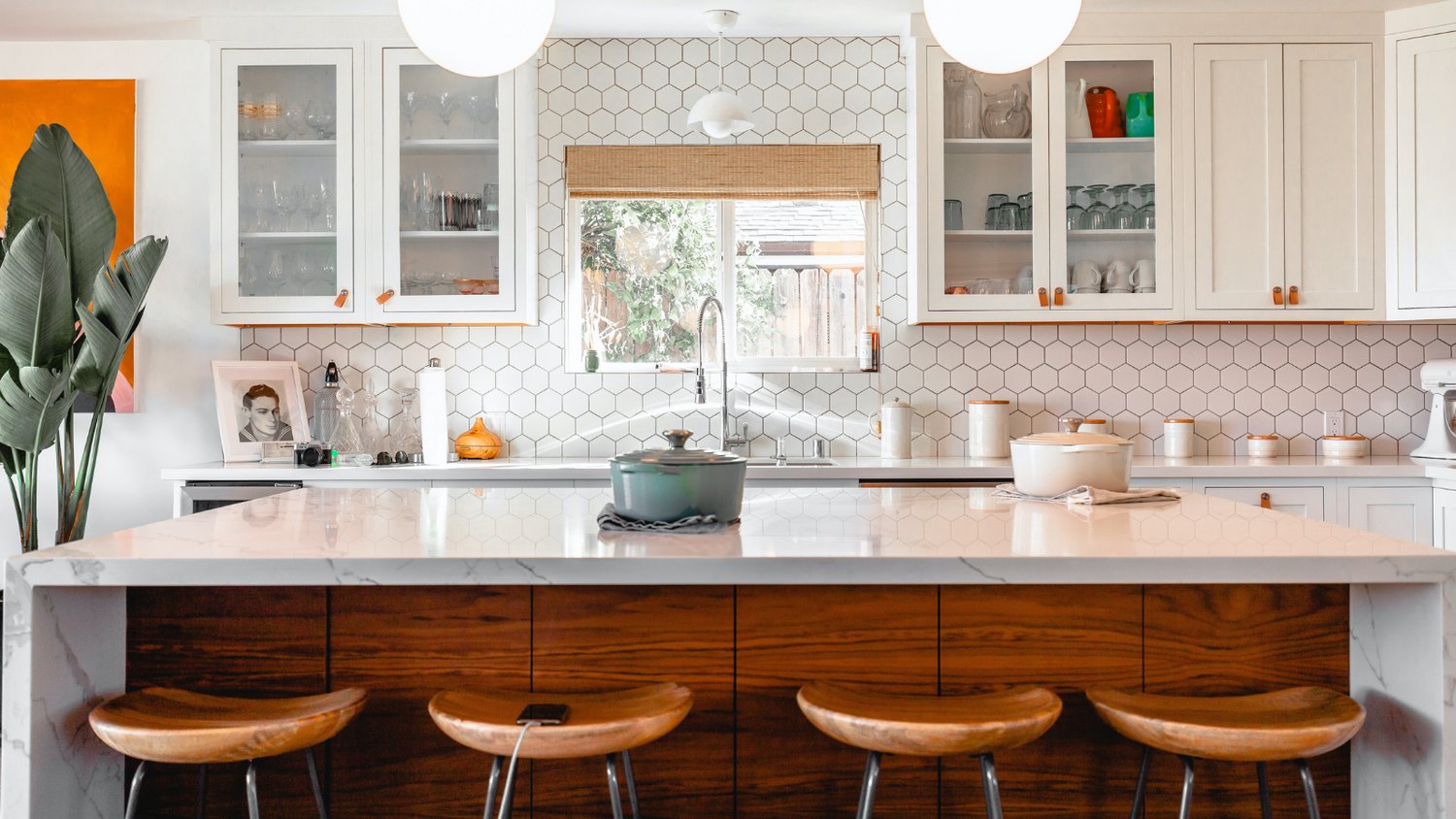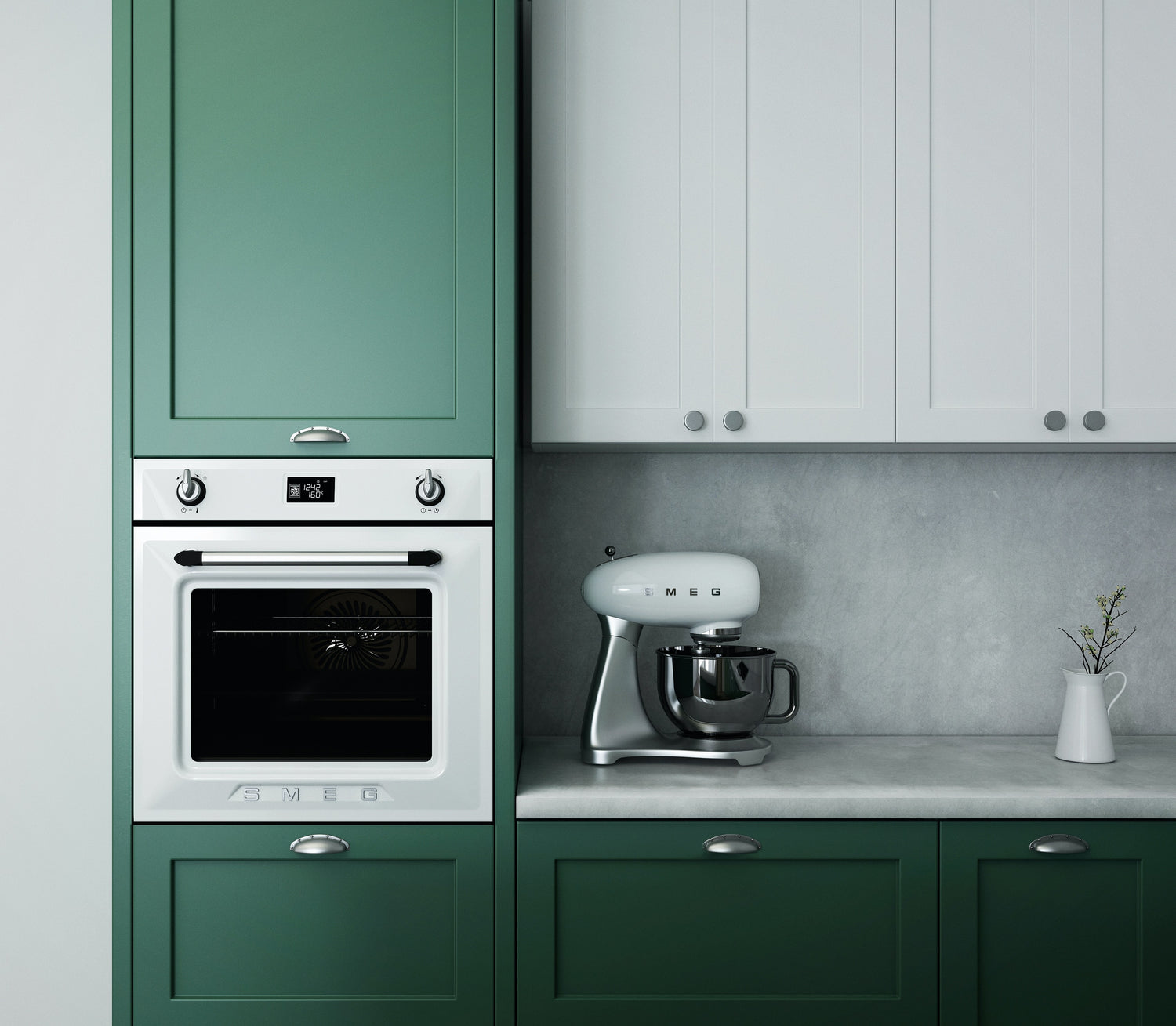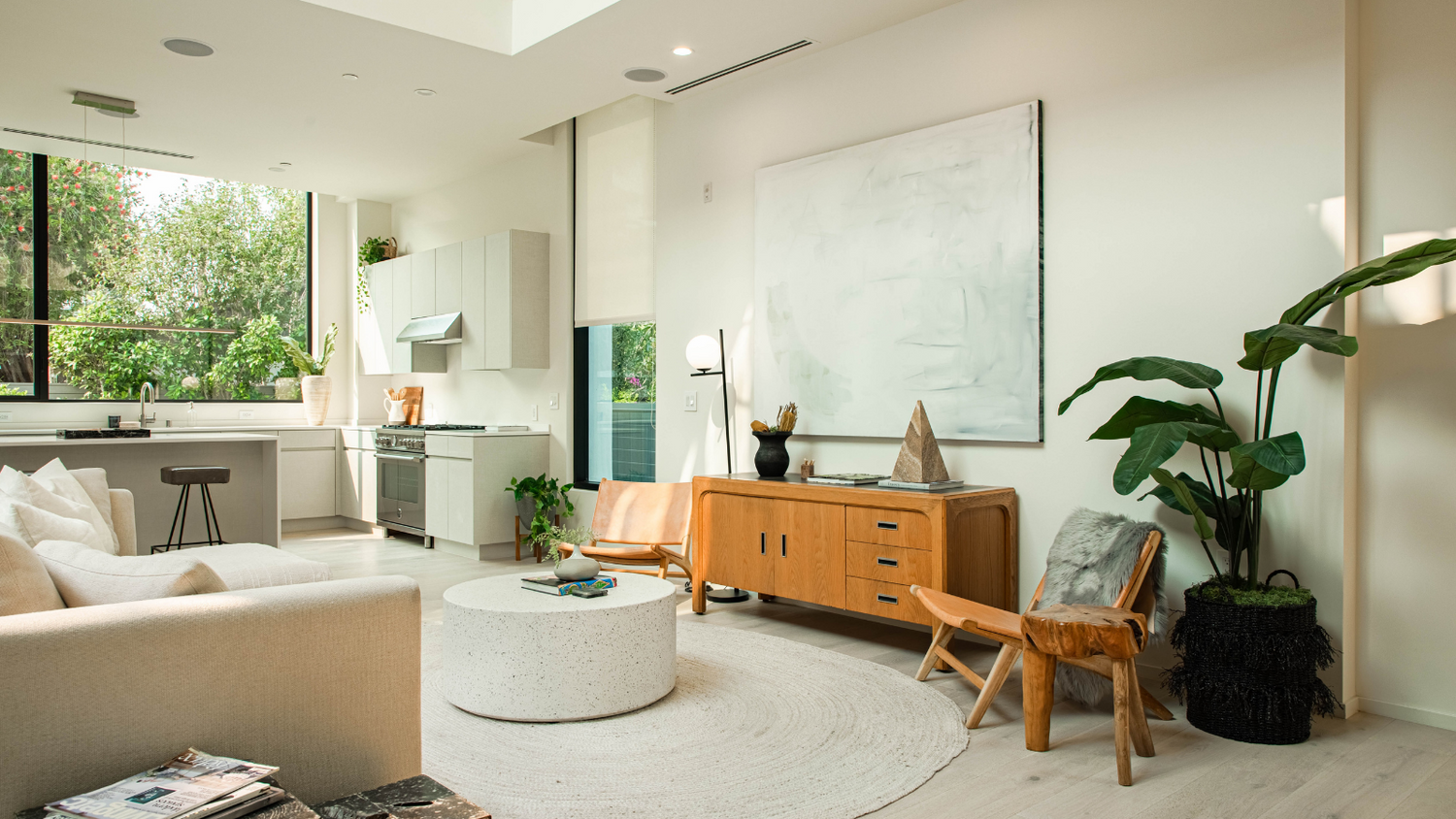We hear lots of stories of Lightwave products being used in the home by family members to safeguard children and keep an eye on elderly relatives. This month we have learnt about a charity working with local authorities and housing associations to bring about real change in the area of supported living in their region, with the use of smart home technology.
Ashley Bale, Digital innovation Manager at Innovate Trust, a charity which supports adults with disabilities in Cardiff, has been working developing Smart technology solutions and as of recently, the first supported living Smart house in the UK.
Ashley believes that Smart housing, IoT and mainstream technology offers the best solution for the future for supported people to become more independent, offering people the chance to move into more independent living settings, through access to technology that can in some cases give the ability to be able to control elements of their home environment whilst helping to promote, wellbeing and safety.
Spearheading Change
In 2017 Innovate Trust, the first supported living provider in the UK, started a pilot project to find out whether the use of mainstream voice assistants and connected technologies could assist people to live more independently.
The trust first started embedding and testing Lightwave technology and various products from Amazon, Google, Apple, Samsung, Phillips and many more at a respite service for adults with disabilities in Cardiff.
Ashley has directly implemented Lightwave Smart Dimmer light switches, plug sockets, inline relays, heating controls and energy monitoring products into the respite service. Ashley has created bespoke integrations using open source programmable boards to assist individuals further by giving the ability to control through voice commands, gesture, geo-proximity, sensors, smart wearable’s and in the near future through EEG and muscular based headsets.
Innovate Trust has recently been working closely with First Choice housing association to develop a supported living house into supported living 'smart' house, which is believed to be the first of its kind in the UK.
The residents can now control smart heating, light switches, sockets and relays on an iPad, through voice command and also via gesture control.
Who can benefit?
There are wide reports in the media of the impact loneliness is having on mental and physical wellbeing so it stands to reason that this set up should be a healthier way for people to live when compared to the alternatives.
The response to the trial is overwhelmingly positive, as the residents are able to better take control of their own environment. In the future this could mean greater levels of independence.
Ashley explains that the reason he has recommended Lightwave products for these trials is due to the technology being a mainstream product, which makes it affordable. Technically it is capable of far more than other alternative products and this is a crucial factor. He says, “Lightwave have created products that are well built, resilient and versatile. Developed with the general consumer in mind, making their products user friendly, easy to setup and install, Lightwave have provided everyone with the opportunity to explore SMART home technology, regardless of their technical know-how or ability. The products surpassed my expectations as a developer, due to their ability to integrate with other products. Lightwave have provided an off the shelf solution, that’s mainstream and worth every penny”
What’s next?
Over 130 tours have taken place at the Smart Home in Cardiff in 2018 and as the full extent of the benefits of solutions like this is understood, we expect to see more and more examples like it. Alongside this, Cardiff University School of Psychology are working with Innovate Trust and are engaged in research into the effects of voice assistive technology for people with disabilities and the impacts on wellbeing.
Innovate Trust is expecting more housing associations, local authorities and educational institutions to come on board with the pilot in 2019 and Ashley is developing ways to provide more enhanced levels of automation and control for people after already setting up and programming an automatic gas valve shut off with geo-fencing capabilities and a secondary emergency alert fire system, which would detect when the house is left unoccupied or if fire / smoke is detected. Sending alerts and automatically shutting high-risk appliances such as gas cookers.
The message to Smart Home companies seems to be the need to develop products and protocols which are not just single purpose, but devices that can be brought together and integrated through the IoT (Internet of Things). Allowing him and others working in similar roles, to easily select and integrate the combination of technologies according to the needs of the individuals. From here the possibilities are endless.
If you are interested in discovering more about this pilot project, please contact Ashley Bale by email >






